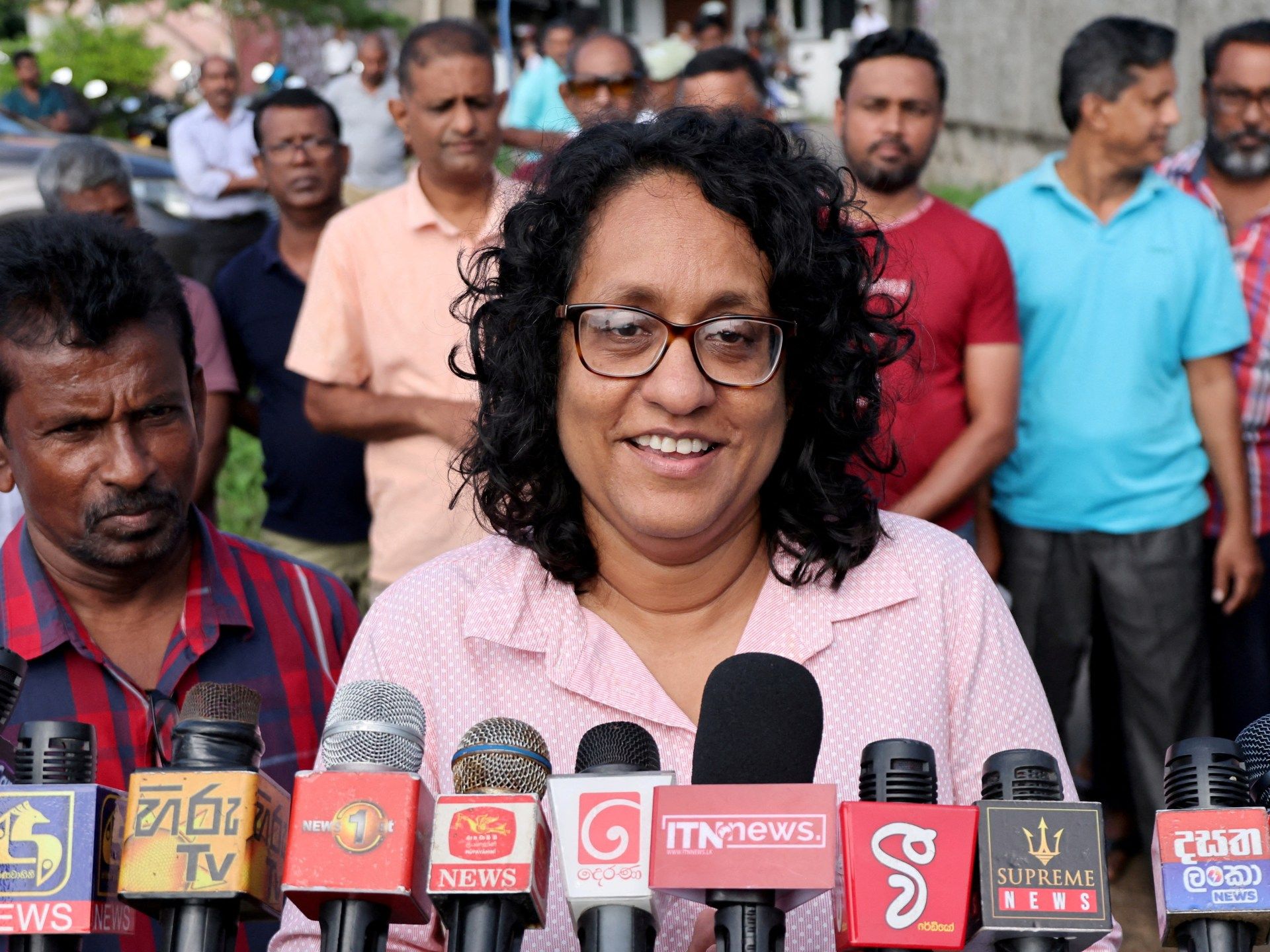President Dissanayake Unveils 21-Member Cabinet amid Campaign Promises and Sweeping Reforms

Sri Lankan President Anura Kumara Dissanayake has picked a 21-member cabinet, retaining key portfolios while planning sweeping reforms, including a campaign promise of a new constitution.
In a move to capitalize on his landslide majority in last week's parliamentary elections, Prime Minister Harini Amarasuriya was reappointed for the fifth time. This appointment comes two months after Dissanayake dissolved the previous government amid criticism over economic mismanagement.
The cabinet includes prominent figures such as Vijitha Herath, appointed foreign minister, Ananda Wijepala as public security and parliamentary affairs minister, and Bimal Rathnayake, who will handle transport, highways, ports, and civil aviation. The new government marks a significant departure from Sri Lanka's traditional family-dominated politics.
Dissanayake has promised sweeping reforms, including a referendum on a new constitution. With a two-thirds majority in parliament, he now holds absolute power, which the president cautioned must be exercised with responsibility to "fulfil the aspirations of the people who had been oppressed economically and politically for too long."
The new government is expected to present a budget for 2025, which will line up with the ongoing IMF bailout secured by the previous government under $2.9 billion.
In a surprise move, an International Monetary Fund (IMF) delegation has arrived in Sri Lanka for talks with the new government and will conduct the third review of the island nation's economic reform programme.
President Dissanayake's cabinet has marked the beginning of a new era in politics for Sri Lanka, with many observers attributing his landslide victory to his outsider status and campaign promises that resonated with voters.
"The huge power that has been given to me must be exercised with responsibility," said President Dissanayake at the swearing-in ceremony. "We must ensure that this absolute power does not corrupt us absolutely."
The new government's ambitious agenda is set to shape Sri Lanka's future, and it remains to be seen whether its reforms can bring about lasting change in a nation still recovering from its worst economic crisis.
The cabinet lineup has been welcomed by some stakeholders, who hope the new government will tackle corruption and boost the country's struggling economy. However, concerns have also been raised over the lack of representation for minority groups and regional disparities.
As Sri Lanka embarks on this new chapter in politics, all eyes are on President Dissanayake and his cabinet to deliver on their promises and steer the nation towards a brighter future.
